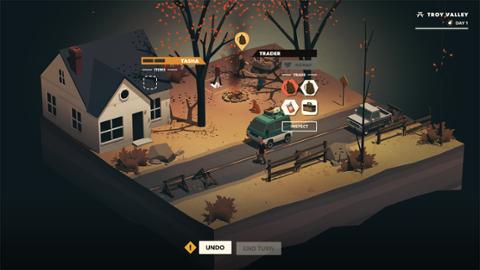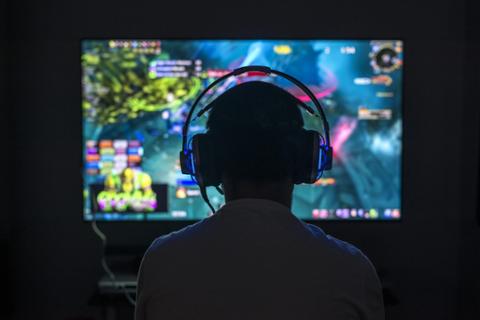Do most game developers really struggle with endemic overwork and “crunch time,” as news reports often suggest? A new survey suggests the answer is “no”—with some important caveats.
According to the Game Developers Conference’s annual State of the Game Industry survey, a comprehensive look at the game-development field, some 54 percent of game developers work 40 hours per week or less, with 23 percent working a “standard” 36-40 hours. Some 44 percent, meanwhile, worked more than 40 hours per week.
“These results are right in line with those we saw from our last survey, when 46 percent of respondents were working 40+ hours/week, suggesting that little has changed in average game industry working hours over the past year,” read the survey’s note accompanying the data.
Only 3 percent reported working between 55-60 hours a week, and 4 percent said they worked more than 50 hours per week. When the Game Developers Conference asked respondents the maximum amount of hours they’d worked in a week over the past year, 4 percent said they’d put in 86-90 hours, and 1 percent said they’d put in over 90 hours. In other words, a very small percentage of game developers are putting in brain-melting hours in order to finish games.
Some 59 percent said they took on their maximum workload due to “self-pressure,” while only 14 percent reported it came from management. That’s an interesting statistic, since management is often blamed for “crunch time,” or the insane workweeks that sometimes precede the launch of a big-budget game.
For example, once “Fortnite” became a massive hit, employees at Epic (which produced the game) complained to Polygon that many of them were forced to work 70+ hours per week. “There’s probably at least 50 or even 100 other people at Epic working those hours. I know people who pull 100-hour weeks. The company gives us unlimited time off, but it’s almost impossible to take the time. If I take time off, the workload falls on other people, and no one wants to be that guy,” one anonymous employee told the publication.
Crunch time is also notorious for kicking in when a game is in serious trouble. Last year, Kotaku broke down how employees at BioWare endured ultra-stressful schedules to finish “Anthem,” a massive open-world game with a notoriously turbulent production schedule. “I actually cannot count the amount of ‘stress casualties’ we had on ‘Mass Effect: Andromeda’ or ‘Anthem’ [both BioWare games],” a former (anonymous) developer told Kotaku writer Jason Schreier via email. “A ‘stress casualty’ at BioWare means someone had such a mental breakdown from the stress they’re just gone for one to three months. Some come back, some don’t.”
Although game studios claim they’re paying attention to employees’ mental health, stories like these make it clear that crunch time is still a thing under certain circumstances. Also, it seems (based on the GDC’s survey data) that a lot of overwork and crunch time is coming from game developers who don’t work for a studio, but who are driving themselves in order to push their own game out the door.
Necessary Game Developer Skills
If you're interested in getting into game design and development, there are some key skills you need to learn; mastering those skills, in turn, may allow you to streamline the time it takes to actually produce games. According to Burning Glass, which collects and analyzes millions of job postings from around the country, those top skills include:
From a programming perspective, mastering The Unreal Engine and Unity is key; both are iterating rapidly, with Unity recently introducing educational tools aimed at students (useful for newbies!), and Unreal rolling out some next-generation features such as AR frameworks for iOS and Android apps. Those interested in designing mobile games for iOS and Android will also need to know the programming languages for those respective platforms (Swift and Objective-C for iOS; Kotlin and Java for Android).
While short bursts of intense work are unavoidable, those who feel like their work-life balance is out of whack should take a step back and focus on returning to a regular schedule of sleep and exercise. It’s also important to really step back from the office, both physically and virtually; establish times throughout the day when you won’t check your work email or messaging channels, for instance. Sometimes, you just need some “micro-breaks” in order to re-establish a sense of equilibrium.



